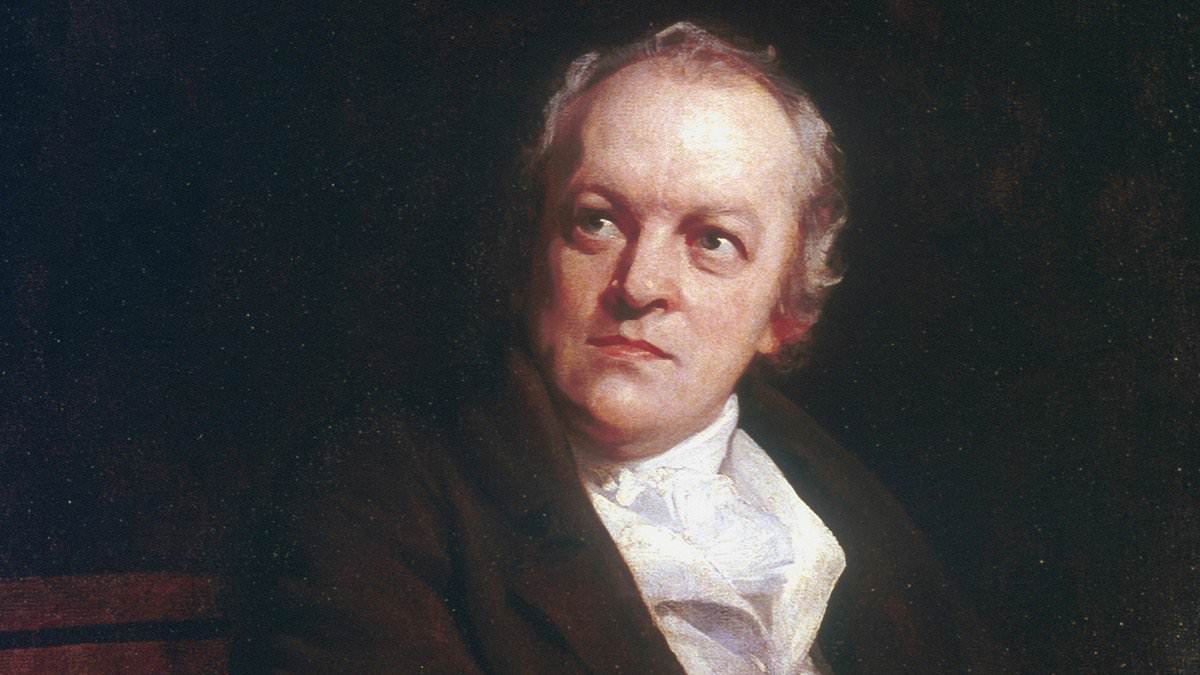A rare poetry book by William Blake has sold for a staggering £3.4m ($4.3m), making it one of the most valuable ever.
The 1794 copy of Songs of Innocence and of Experience, illustrated and printed by Blake and his wife Catherine, is one of only six copies printed during Blake’s lifetime that remained in private hands.
This book includes some of Blake’s most celebrated poems, such as ‘The Chimney Sweeper,’ ‘The Little Boy Lost,’ and ‘The Tyger.’
Featuring 54 pen and watercolour-etched plates, it was originally owned by Blake’s friend and patron Charles Augustus Tulk.
Tulk lent this copy to poet Samuel Taylor Coleridge, who responded by ranking the poems.
The book, previously held by a private collector, ignited a bidding war at Sotheby’s New York.
The undisclosed buyer paid two-and-a-half times the £1.4m estimate, as it was the first time in 35 years a copy had been sold at auction.
A Sotheby’s New York spokesperson stated: ‘William Blake, the visionary poet and artist, was renowned for his unique method of relief-etching, allowing him to combine text and illustration in his works.
Blake’s innovative techniques and his wife Catherine’s involvement in colouring the plates make each copy a distinctive artifact.
This is one of the most valuable and rarest poetry books ever to come to auction.
This copy is one of only six printed during Blake’s lifetime that remain in private hands, and it is the earliest printed copy to appear at auction since 1989.’
Blake (1757-1827), a poet, painter, and printmaker, was little known during his lifetime but has since become recognized as a seminal Romantic Age poet.
His poem ‘Jerusalem’ was published in the preface of Milton: A Poem in Two Books in 1808.
William Blake (1757–1827) was an English engraver, artist and poet renowned for his visionary works.
Born in London, he created iconic poems like ‘The Lamb,’ ‘The Tyger,’ and the stirring ‘Jerusalem.’
Blake’s oeuvre spanned lyrical Songs of Innocence (1789) to prophetic texts like Visions of the Daughters of Albion (1793) and Jerusalem (1804).
Often producing, printing and selling his own works with his wife Catherine, Blake’s genius was unrecognised in his time, though he is now celebrated as a pioneering Romantic poet.
His spiritual visions profoundly influenced his mystical and imaginative compositions.
Blake’s life unfolded amidst humble beginnings and considerable adversity.
Despite financial struggles and societal indifference, his unwavering commitment to his artistry and visionary beliefs defined his singular path in the Romantic era.
